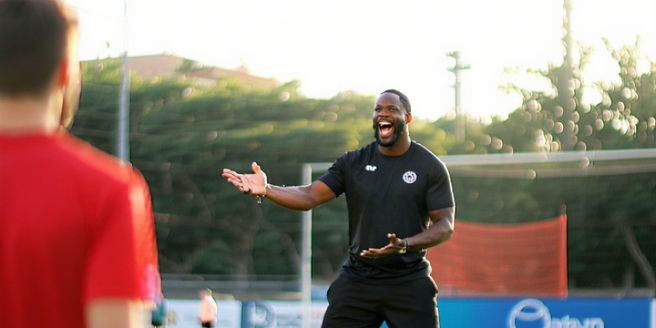
Understanding the Competitive Mindset
The competitive mindset is pivotal in distinguishing successful competitors. It involves a focus on goals, a drive for excellence, and a willingness to push boundaries. Understanding that competition is as much about mental resilience as it is about skill is crucial. High performers cultivate a mindset where challenges are perceived as opportunities rather than threats. This mindset is not an innate trait but a developed one, built through experience and reflection. In competitive environments, individuals often engage in self-talk and visualization techniques to enhance performance. Moreover, maintaining a growth-oriented attitude allows one to view setbacks as learning experiences, further cementing the competitive mindset. This outlook drives individuals to continually seek improvement, ensuring they remain at the top of their game.
The Role of Motivation in Success
Motivation fuels action and is a key determinant in achieving success. It can be intrinsic, driven by personal satisfaction, or extrinsic, propelled by external rewards. In a competitive setting, understanding what fuels one’s motivation is critical. Competitors often harness motivation through goal setting and reward systems, both personal and external. The connection between motivation and perseverance is strong; motivated individuals are more likely to persist through challenges and setbacks. Understanding motivations also allows individuals to align their actions with long-term aspirations, ensuring sustained effort. It is essential, however, to differentiate between healthy motivation and excessive pressure, which can lead to burnout. Finding balance ensures that motivation remains a positive influence on one’s journey to success.
Cognitive Strategies for Winning
Winning is not solely reliant on talent but also on effective cognitive strategies. Competitors use visualization, focusing on future successes to prepare mentally for contests. Another strategy is self-regulation, where individuals control their emotions and reactions under pressure. This involves mindfulness and staying grounded in the present moment. Goal setting serves as a cognitive map, guiding actions and decisions toward success. Strategic planning, involving the anticipation of potential obstacles and rehearsing responses, prepares competitors for various scenarios. Furthermore, adaptability—the ability to pivot and adjust strategies as needed—ensures continued progress, even when faced with unforeseen challenges. These cognitive strategies collectively sharpen an individual’s competitive edge, contributing to consistent and accomplished performances.
Emotional Resilience and Contest Outcomes
Emotional resilience is the capacity to adapt and thrive amid challenges and setbacks. In contests, it plays a crucial role by allowing competitors to maintain focus and composure, even in high-pressure situations. Emotional resilience entails managing stress, channeling pressure positively, and recovering from disappointments quickly. Those with high emotional resilience often employ strategies such as positive reappraisal, which involves finding constructive meaning in setbacks, and cultivating a strong support network for encouragement. Practicing emotional intelligence—recognizing and understanding one’s emotions—also contributes to resilience. By building these skills, competitors can improve their overall performance. Emotional resilience not only impacts immediate contest outcomes but also contributes to long-term success in any competitive sphere.
The Impact of Stress on Performance
Stress can significantly influence performance, particularly in competitive environments. While moderate stress may enhance focus and energy, excessive stress can hinder an individual’s ability to perform at their best. The body’s response to stress involves a release of adrenaline, which can lead to increased alertness or, conversely, anxiety and tension. Understanding personal stress triggers is important in managing reactions. Techniques such as deep breathing, visualization, and structured routines can help mitigate negative stress impacts. Having a plan to manage stress ensures competitors maintain optimal performance levels. It’s crucial to strike a balance to leverage stress for motivation without allowing it to become overwhelming. By doing so, individuals not only improve performance but can also enjoy the competition experience.
Building Confidence for Competitions
Confidence is pivotal for success in competitions; it affects how individuals perceive challenges and their ability to overcome them. Building confidence begins with skill mastery and preparation. When competitors feel prepared, their confidence naturally grows. Moreover, positive affirmations and self-talk reinforce a constructive self-image, fostering belief in one’s abilities. Reflecting on past successes and visualizing future achievements provides a confidence boost. It’s also essential to interact with supportive peers and mentors who reinforce positive beliefs. Facing fears and engaging in challenges incrementally builds confidence. Recognizing and celebrating small victories along the journey reinforces one’s ability to succeed. Developing a strong foundation of self-belief ensures that individuals approach competitions with not only skill but also the confidence needed to excel.
